Facts vs opinions: what you need to know_#G2A WorkHack


You know what, that’s fair. It is my opinion. But you might find it valuable!
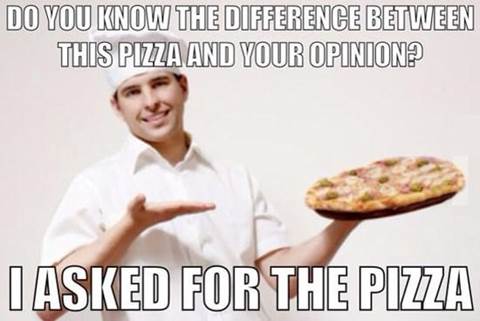
Ok, ok, I give up!
Actually, I can’t, I need to finish this article, and that’s a fact! And you should read it to the end, but that’s just an opinion.
What’s the fundamental difference?
As study.com notes in their Facts vs Opinion episode, “a fact is a statement that is true and can be verified objectively or proven. In other words, a fact is true and correct no matter what. An opinion, however, is a statement that holds an element of belief; it tells how someone feels. An opinion is not always true and cannot be proven.”
Also, facts don’t care about feelings.
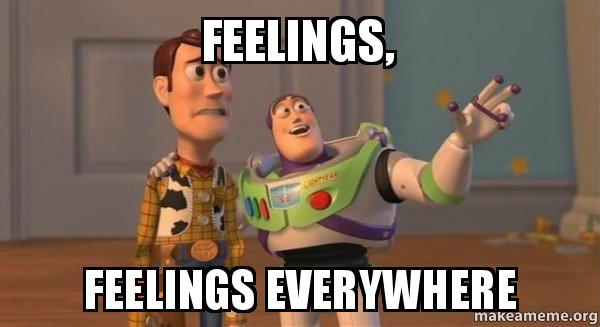
This is what makes facts so reliable and terrifying. Sometimes, they may show you stuff you don’t like, such as that your business model isn’t sustainable, or your modus operandi causes more trouble than offers solutions. Your opinion that the business model or modus operandi are good and useful may be tainted by your personal biases, or worse, prejudices!
Search your feelings, you know these facts are true!
Sometimes you’ll feel compelled to just express your opinion about some subject, be it a superior’s command or an underling’s request. After all, an object at rest stays at rest and an object in motion stays in motion, and anything that seeks to disturb this natural balance must be dismissed.
However, this sort of mentality can greatly hinder progress. Let’s face it – making a decision based purely on opinions just isn’t safe. For that reason, every decision made in the context of our industry (both about the business model and the people’s working conditions) should be decided based on facts or data.
Here’s how:
Measurements
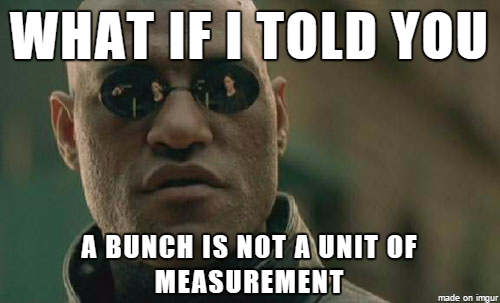
Find out everything you can measure, as these will be the prime providers for your facts. If you can’t measure something, you can’t control it, and if you can’t control it why are you even bothering with it? If you think something can’t be measured though, you might just be looking in the wrong place.
Application
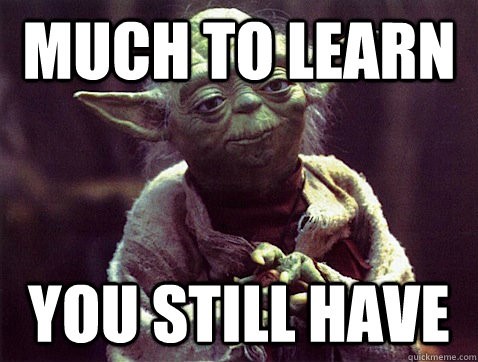
One way of failing the analysis of facts is via false dichotomies. These are situations in which two alternative points of view are presented as the only available options, ignoring other possibilities which might be readily available.
Correlation vs causation
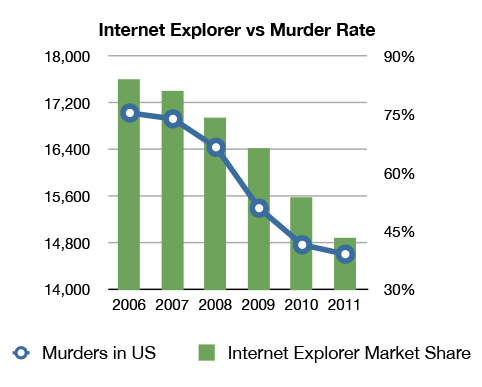
The direct bastard child of fact vs opinion, correlation vs causation is one of the main killers of proper data curation. In line with the application of facts point above this one, certifying that there is a causation is always better than implying or assuming there is one. Double checks, people! And remember, only legitimate causations are safe causations. If you still aren’t convinced, take a good hard look at that graph above.
Understand how to scrutinize information
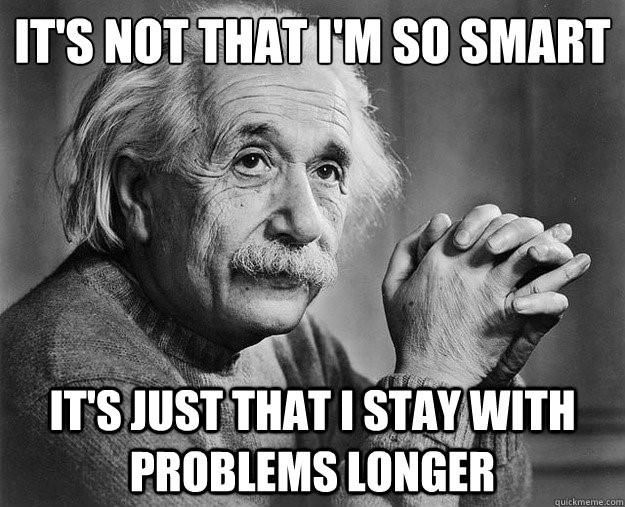
This is an essential skill, both for work and real life. You need to know how to use the facts, elsewise you will end up doing more harm than good. How does a new fact apply to your situation? Is it relevant or not? Is it just too convenient, are you reaching out or jumping to a conclusion? This may take some time to learn and apply. ?
Presentation

Organize your facts coherently. Not for any specific reason other than it’s the professional thing to do. You don’t want to stammer and yammer while making a proposition to your boss or a business partner, right? Make sure your facts are telling the story as it needs to be told. This isn’t to say you need to manipulate them; but in media res narration is hard to pull off if you’re not Square Enix.
Reflect
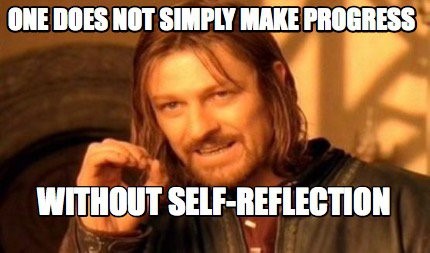
Why are you looking for these specific facts? It’s very likely that this is based on your opinion about the matter. Maybe you believe you are wasting resources, or that your team is not optimized to do as much as could be done. Maybe you’re tying to boast or ridicule. Investigate these personal beliefs and figure out why you want or need these facts.
Know yourself
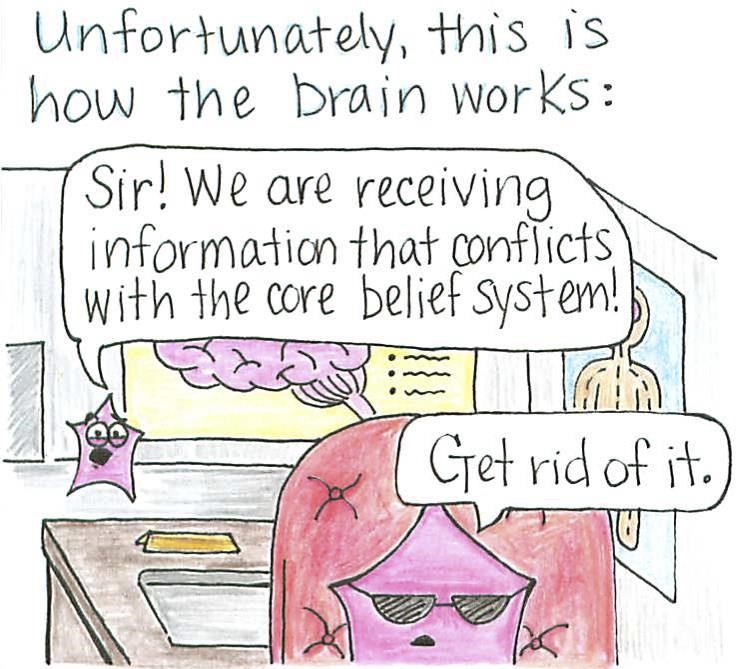
There is a very strong hormonal reaction in our brain when we get into an argument, and in neurochemical terms, the brain is hijacked to assure victory. This is because being wrong causes actual emotional pain and so your brain will always try to protect itself by always being right. You can find more detail in this article. Keep yourself in check to make sure you’re not letting your brain be highjacked; there’s nothing wrong with being wrong or not knowing everything, after all. ?
In conclusion:
Learn what you can measure to represent your work, how it affects and represents you and your department, and how you can apply and present this to others to make a point. Reflect internally on what you measure and what you chose to show. Remember that how you show yourself affects how others perceive you, so being honest comes a long way.
As a final consideration, check this article on perspective and understanding truth. And maybe consider what this picture tries to show.
But hey, that’s just my opinion. 😀
